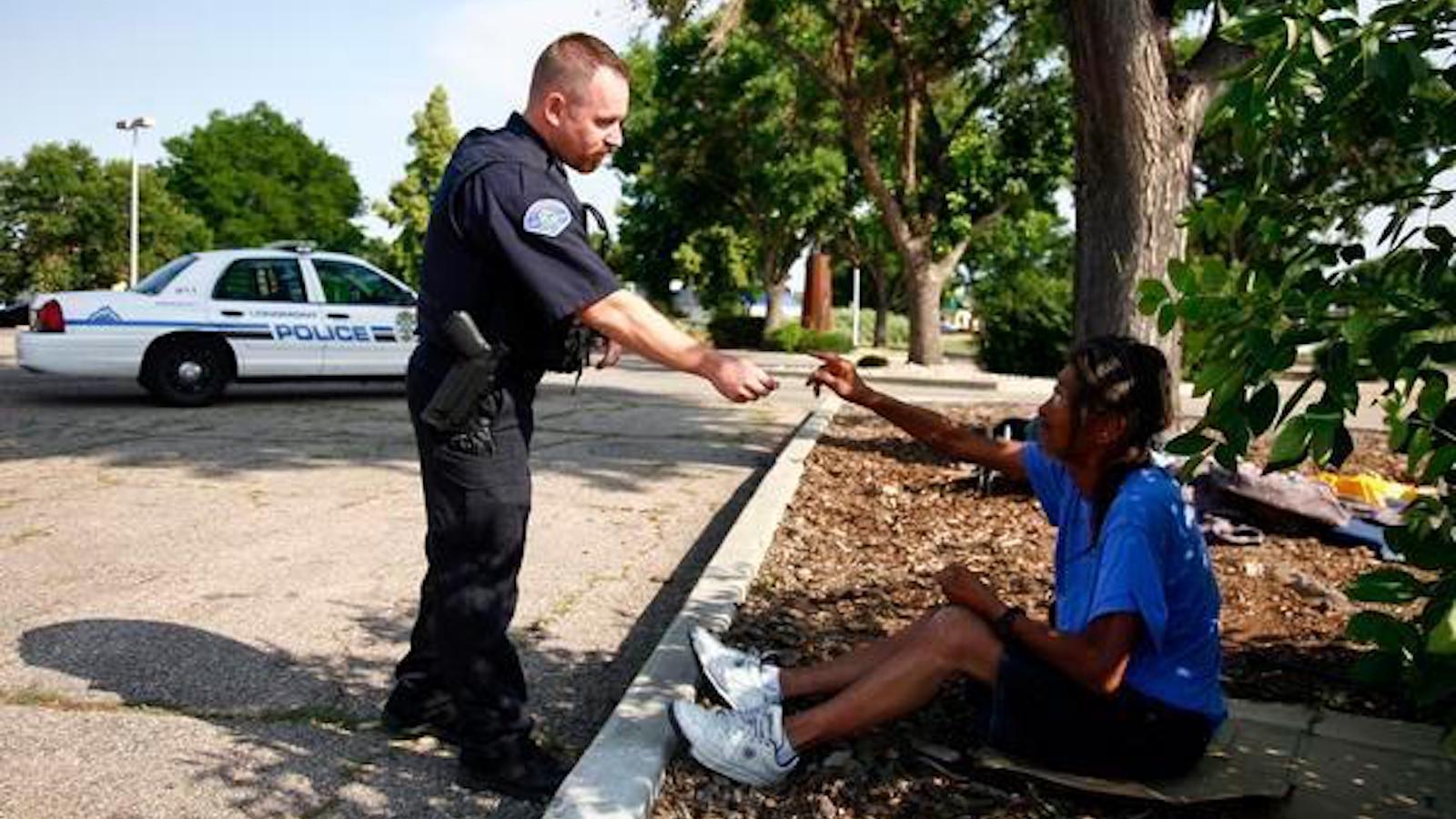
The Advantages of Decentralized Community Justice
For a special live screening of Free the People’s latest film “How to Love Your Enemy: A Restorative Justice Story” and an interactive Q&A on this topic, tune in to Free the People’s YouTube channel on Thursday, April 30th at 8PM ET.
It is generally taken for granted as a truism that criminal justice can only be effective when run as a government monopoly. And although almost anyone is aware of the dangerous inefficiencies of monopolies in other sectors of the economy, we have somehow failed to apply the same logic we use for oil companies and online retailers to the most important aspects of civil society.
Of course, the shortcomings of the justice system are well known. Over-criminalization, disparate outcomes between various races and classes, judicial advocacy, prosecutorial discretion, achingly slow trials in which the accused, even if innocent, is held prisoner, physical and emotional abuse in the prison system, recidivism, and a dozen other inadequacies can be pointed out ad nauseam. And yes, we are told that the only alternatives to this system are mob justice, lynchings, and vigilantism. And so we too often accept what should be condemned and shrug our shoulders in defeat when we should be trying to do better.
As it happens, America now finds itself in a situation in which many government courts have ceased functioning altogether, and others have greatly reduced their capacity to dish out justice. One of the unforeseen consequences of the coronavirus and its response has been that it has become harder for Americans who have been the victims of a crime or civil offense to get a fair hearing, much less compensation for their suffering.
As bad as things are, one benefit of eliminating the status quo in justice provision is that alternatives suddenly become a lot more visible.
One such alternative is the community-based practice of restorative justice. Restorative justice is a decades-old model that is gaining a foothold in multiple U.S. cities, but which is most prominently on display in Longmont, Colorado. With the closure of government courts, many Longmont citizens are turning to the Longmont Community Justice Partnership (LCJP), a non-profit organization that has been offering justice solutions for more than 20 years.
As a small, community-based project focused on individuals rather than bureaucracy, LCJP has the flexibility to adapt to public safety concerns and continue to serve the city of Longmont even in times of crisis. And the focus on accountability and victim satisfaction rather than punishment means it consumes far fewer resources than a traditional court system.
Last year, Free the People’s team has the opportunity to visit Longmont and film a documentary on the principles of restorative justice. It’s a subject that has taken on a relevance we never could have imagined at the time. Given the fact that everyone is stuck at home during the quarantine, we couldn’t think of a better time to premiere the film for our followers.
On Thursday, April 30th at 8PM ET, you can catch a special, one-night-only screening of How to Love Your Enemy: A Restorative Justice Story on Free the People’s YouTube channel. The film will last about forty minutes, followed by a Q&A panel hosted by Matt Kibbe and featuring the stars and directors of the documentary. Once the quarantine is lifted, the film will only be shown at select film festivals for the foreseeable future, so don’t miss this one-time chance to see it online.
Free the People publishes opinion-based articles from contributing writers. The opinions and ideas expressed do not always reflect the opinions and ideas that Free the People endorses. We believe in free speech, and in providing a platform for open dialogue. Feel free to leave a comment.



